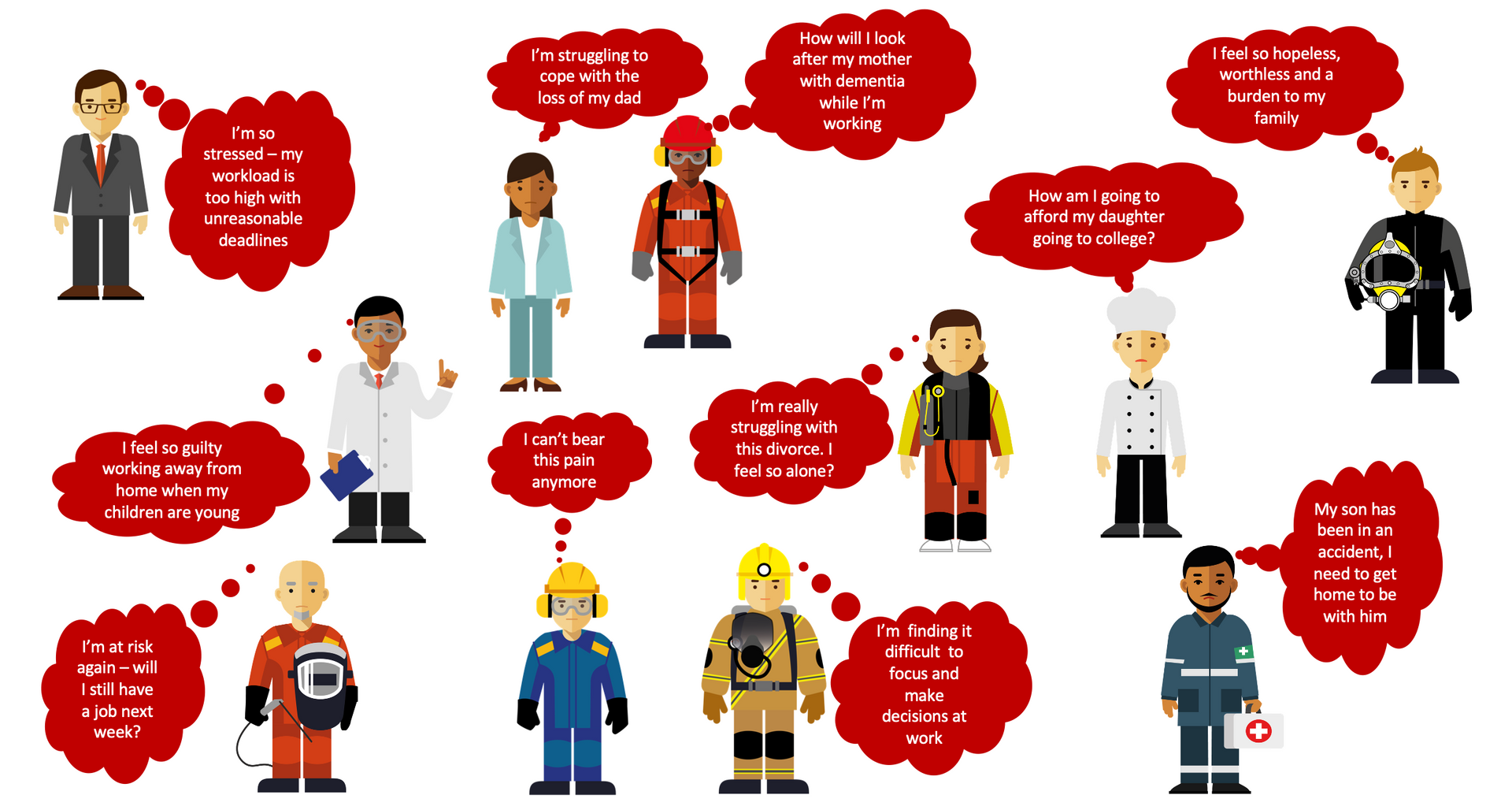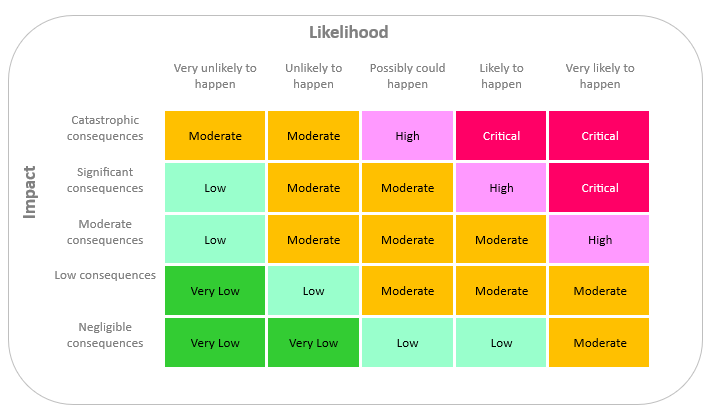Why you should address wellbeing and mental health in the work place
The route cause of an accident is often down to employee wellbeing and mental health!

Accidents can have far-reaching consequences, impacting not only physical health but also mental well-being. When organisations investigate the root causes of accidents, it is crucial to consider not only the physical factors but also the psychological aspects of those involved.
Prioritising well-being and mental health considerations in accident investigations is essential for creating safer work environments and preventing future incidents.
In any workplace, the human element plays a significant role in the occurrence of accidents. Understanding the mental state of individuals involved in an incident is paramount. Factors such as stress, fatigue, job satisfaction, and overall mental health can contribute to lapses in concentration and decision-making, leading to accidents.
High-stress levels can impair cognitive functions, attention, and reaction times. An individual under chronic stress may struggle to focus on tasks, increasing the likelihood of errors or oversights that can result in accidents. Identifying and addressing sources of stress within the workplace is crucial to creating a safer and more resilient workforce.
Fatigue, whether from long working hours or insufficient rest, can compromise an individual's ability to perform tasks safely. Exhaustion can lead to decreased alertness and increased likelihood of making mistakes. Recognising and mitigating fatigue-related risks is vital to maintaining a healthy and productive workforce.
Employees who feel satisfied and engaged in their work are more likely to be attentive and committed to safety protocols. On the contrary, dissatisfaction or disengagement may lead to complacency, where employees are less likely to follow safety procedures diligently. Addressing workplace culture and fostering a positive work environment can contribute to overall well-being and accident prevention.
When an accident occurs, the immediate focus is often on the physical aspects of the incident. However, the mental health of those involved should not be overlooked. Post-incident support, including counseling and debriefing sessions, can help individuals cope with trauma and prevent long-term psychological consequences. This approach not only aids in the recovery of the affected individuals but also contributes to the overall resilience of the workforce.
To enhance workplace safety, organisations should integrate mental health considerations into their safety programs. This involves regular assessments of employee well-being, addressing stressors and fatigue, promoting a positive work culture, and providing support services. By prioritising mental health, organisations can create a holistic approach to accident prevention, ensuring the well-being of their employees.
In the pursuit of safer workplaces, it is imperative to recognise the interconnectedness of physical and mental well-being. Addressing the root causes of accidents requires a comprehensive understanding of the human factors involved. By prioritising mental health considerations in accident investigations, organisations can develop strategies that not only prevent future incidents but also foster a workplace culture that values and supports the well-being of its employees.
Ultimately, a focus on mental health contributes to a safer, more resilient, and healthier work environment for all.
We can help you put in place a wellbeing and mental health program to develop awareness and a positive support culture within your organisation. Working alongside our trusted partners we can offer health and wellbeing workshops, training and consultancy.
Our aim is to support your people and your organisation to thrive.
Complete our short enquiry form and we will call you back. https://forms.office.com/e/JrSHT1Jn8q










